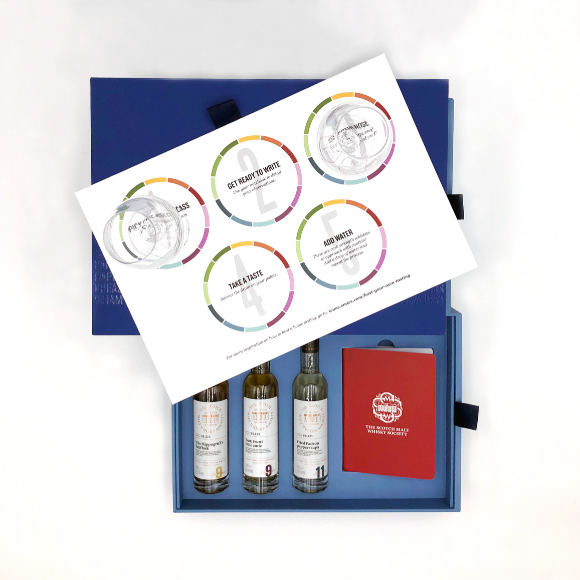Glenmorangie
Situated on the outskirts of the ancient burgh of Tain, some 30 miles north of Inverness, the Glenmorangie distillery produces Scotland's best-selling single malt whisky.
Many Scottish distilleries are to be found in beautiful settings, but Glenmorangie's location on the shores of the Cromarty Firth has a quiet and almost mystical charm about it. This is an area of Scotland often neglected by visitors, but apart from its natural attractions, it is fertile territory for the distillery-bagger, with Teaninich and Dalmore to the south and Balblair just a few miles to the west.
The distillery was established in 1843 by William Mathieson, using the remnants of McKenzie & Gallie's Morangie Brewery, which has existed since 1738. After the indefatigable Alfred Barnard visited Glenmorangie in the mid 1880's he wrote that it was "certainly the most ancient and primitive [distillery] we have seen, and now almost in ruins." the distillery was rebuilt soon afterwards, in 1887, and most of the present day structure dates from that time.
"Glenmorangie is Gaelic for 'glen of tranquillity' as anyone who has seen the popular television adverts will know."
The 'Sixteen Men of Tain' who make the whisky are also familiar from print adverts all over the world. Orkney-born distillery manager Graham Eunson is at pains to point out there really are 16 men employed in the production of the single malt, noting that Glenmorangie single Highland malt is genuinely produced by humans.
Glenmorangie stands out from the crowd of distilleries for a number of reasons, not least its use of hard, mineral-rich water, taken from the Tarlogie springs. Few other Scottish distilleries use hard water and this is one of the more mystical aspects of the Glenmorangie production process. Tarlogie spring water undoubtedly contributes in some mysterious way to the overall elegance and complexity of the whisky.
Independent expressions of the make are famously non-existent, with Graham Eunson explaining "No Glenmorangie is filled for third parties. Since the 1980's no one has been able to buy Glenmorangie except in bottles."

